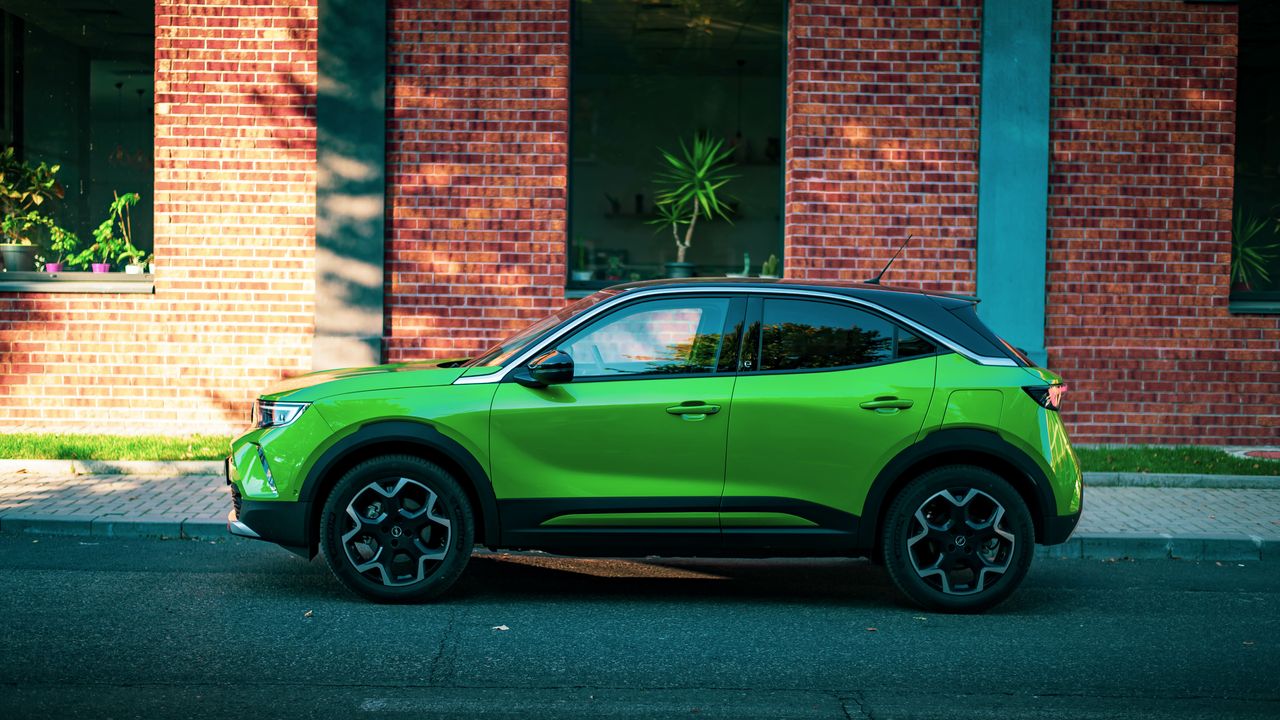Electric Car Warranties and Insurance Considerations
Electric vehicles (EVs) are becoming increasingly popular as people look for more sustainable and eco-friendly transportation options. However, before purchasing an electric car, it’s important to understand the warranties and insurance considerations that come with it. In this article, we will explore the key aspects of EV warranties, warranty periods, and insurance premiums.
EV Warranties
When buying an electric car, one of the first things to consider is the warranty. EV warranties typically cover the electric drivetrain, battery pack, and other essential components of the vehicle. It’s important to read and understand the warranty terms and conditions to ensure you know what is covered and for how long.
The warranty period for electric cars can vary depending on the manufacturer. Most EVs come with a standard warranty that covers the vehicle for a certain number of years or miles, whichever comes first. Additionally, some manufacturers offer separate warranties for the battery pack, which may have a longer or shorter coverage period than the overall vehicle warranty.
It’s worth noting that EV warranties often differ from traditional gasoline-powered car warranties. This is because the electric drivetrain and battery pack are unique components that require specialized coverage. Therefore, it’s essential to review the warranty details specific to electric vehicles.
Warranty Period
The warranty period for electric cars typically ranges from 3 to 8 years, depending on the manufacturer and model. Some manufacturers offer extended warranty options for an additional cost, which can provide peace of mind for a longer period.
When considering the warranty period, it’s important to think about how long you plan to keep the vehicle. If you tend to keep your cars for a long time, a longer warranty period may be beneficial. On the other hand, if you prefer to upgrade your vehicle every few years, a shorter warranty may be sufficient.
It’s also crucial to understand the warranty coverage limits. Some warranties may have mileage restrictions, meaning that certain components may only be covered up to a certain number of miles. If you drive a lot, it’s important to consider this aspect and choose a warranty that aligns with your driving habits.
Insurance Premiums
Insuring an electric car can be slightly different from insuring a traditional gasoline-powered vehicle. Insurance premiums for EVs can vary based on several factors, including the make and model of the car, the driver’s age and driving record, and the location of the insured vehicle.
One factor that can affect insurance premiums for electric cars is the cost of repairs. Electric vehicles often have specialized parts and require trained technicians for repairs, which can be more expensive than traditional car repairs. This can lead to higher insurance premiums to cover potential repair costs.
However, insurance companies also consider the safety features of electric cars when determining premiums. Many EVs come equipped with advanced safety technologies, such as collision avoidance systems and lane departure warnings, which can reduce the risk of accidents. These safety features can potentially lower insurance premiums.
Additionally, some insurance companies offer discounts or incentives for electric car owners. These discounts can be based on factors such as the environmental benefits of EVs or the reduced maintenance costs associated with electric vehicles.
In Conclusion
When purchasing an electric car, it’s important to consider the warranties and insurance considerations that come with it. Understanding the warranty coverage, warranty period, and insurance premiums can help you make an informed decision and ensure that you are adequately protected.
Remember to read and understand the warranty terms and conditions, consider the warranty period based on your vehicle ownership plans, and compare insurance premiums from different providers to find the best coverage at a reasonable cost.
